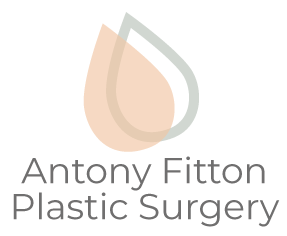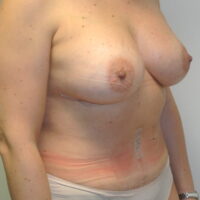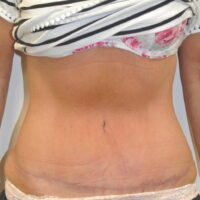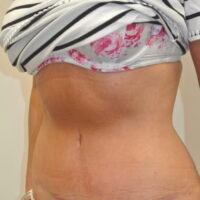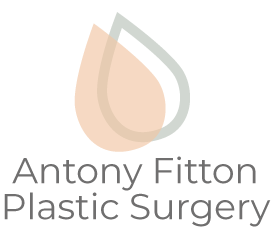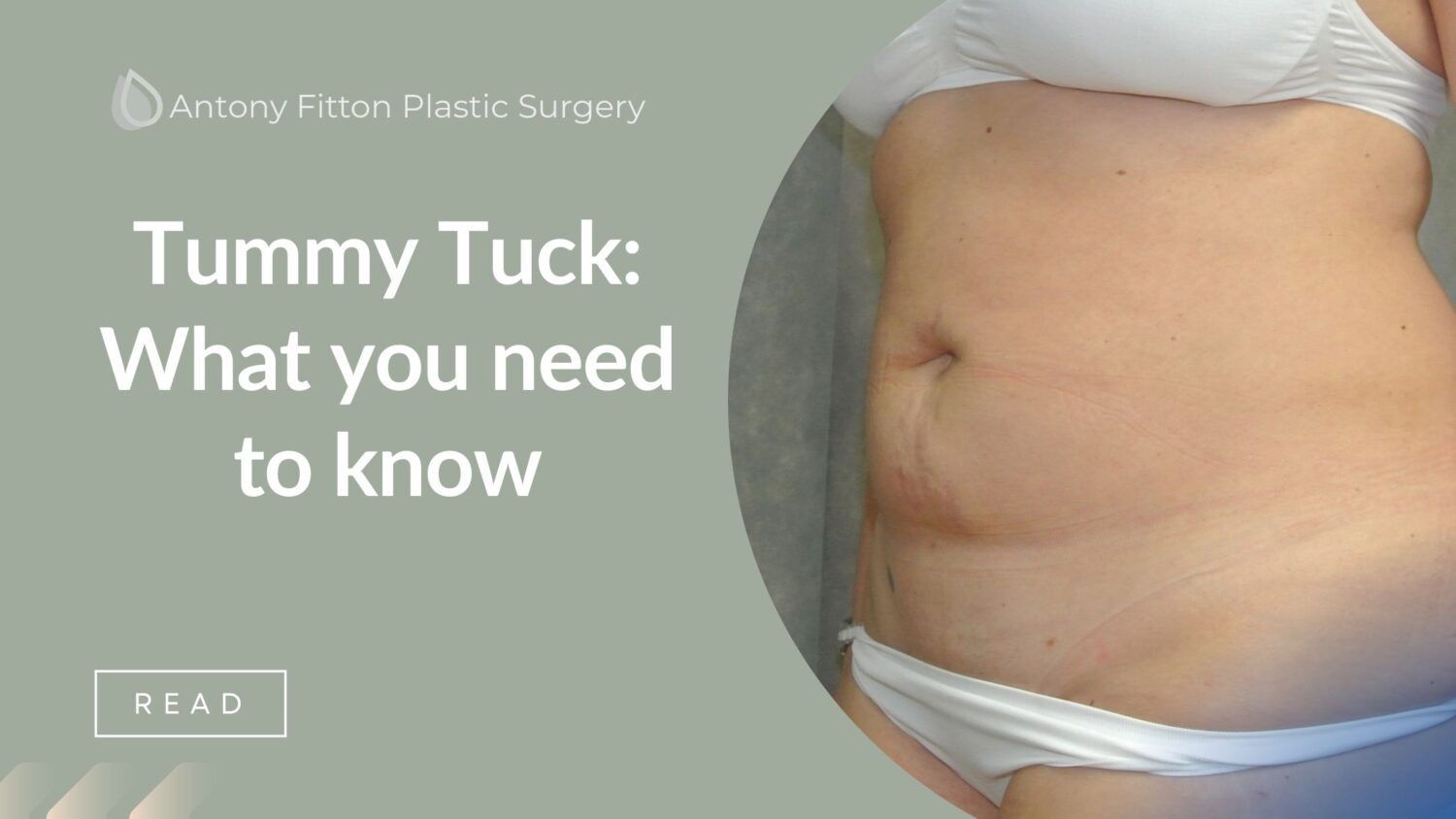
Tummy Tuck: What you need to know
Tummy tuck surgery, also called abdominoplasty, is designed to remove surplus skin and fat deposits to help tighten the stomach area.
This process provides patients with a more aesthetically desirable appearance, and improved confidence following significant weight-loss or childbirth.
In the right circumstances the operation can improve quality of life and helps patient regain confidence.
Mr Fitton will advise whether the surgery is suitable for the result you want to achieve.
Why consider a Tummy Tuck?
If over the years, have you developed squishy, flabby tummy rolls, or stretch marks from weight gain or pregnancy then a Tummy Tuck may be the answer giving you a smoother, firmer, younger-looking tummy.
Tummy tuck surgery is a plastic surgery procedure that takes loose, flabby skin that has lost its shape and elasticity and transforms it into a flatter, smoother, more toned abdominal surface. It also strengthens weakened stomach muscles, improves the look and shape of the belly button, defines the waist and creates a tighter abdomen.
“Thank you so much for your expertise, huge care and attention. I am thrilled with the results!”
How long does a Tummy Tuck take to perform?
Abdominoplasty is performed under a general anaesthetic during which the excess abdominal skin and underlying fat are excised, the muscles of the abdominal wall are tightened and the excess skin trimmed and resutured. A new position for the umbilicus is created.
The whole procedure takes 2-5 hours to perform depending on your situation.
When can I go back to work or exercise after a Tummy Tuck?
If you have undergone tummy tuck surgery or are considering the procedure, you’ll need to be aware of what to expect during the recovery period. Exercise is an essential element of a healthy lifestyle and is crucial in the maintenance of abdominoplasty results.
You can usually return to work after 3-6 weeks and to sport after 6 weeks. Heavy lifting should be avoided for 6-8 weeks. Any strenuous cardiovascular exercise like jogging, running, cycling or competitive sports must be avoided for between 4 and 6 weeks following surgery. For many patients, walking is a helpful way to maintain activity levels as much as possible.
How long is the recovery time for a Tummy Tuck?
It usually takes about 6-8 weeks to fully recover and to see the full effect of a tummy tuck. You’ll usually need to wear a special type of corset or tummy-control pants for 6 weeks, to encourage your skin to heal properly and to reduce any swelling.
You will start to get a full appreciation of your tummy tuck at about 12-24 weeks postoperatively.
How much does a Tummy Tuck cost?
The investment for a tummy tuck starts at approximately £6,616. This includes your surgeon, the procedure and aftercare.
Actual costs vary depending on the provider hospital you choose to have your surgery with.
What are the the risks of a Tummy Tuck?
A tummy tuck is a major operation. Risks include infection, poor wound healing, numbness to the area, scarring, and bleeding. You can see the full list here.
This makes it vital to seek out a properly qualified and experienced surgeon who can minimise risks and treat any complications.
Summary
Managing your expectations about plastic surgery is important regardless of which procedure you wish to have done.
Before you go ahead, be sure about your reasons for wanting a tummy tuck. Bear in mind the cost, the risks, and the fact the results cannot be guaranteed.
It’s critical to have realistic expectations about plastic surgery, and also to ensure you are on the same page as your surgeon.
To find out more about having a treatment, book your no obligation consultation. You will meet with Antony Fitton and receive expert advice tailored to your needs.
Please call us on 07494 250277 or book your consultation using our online form.
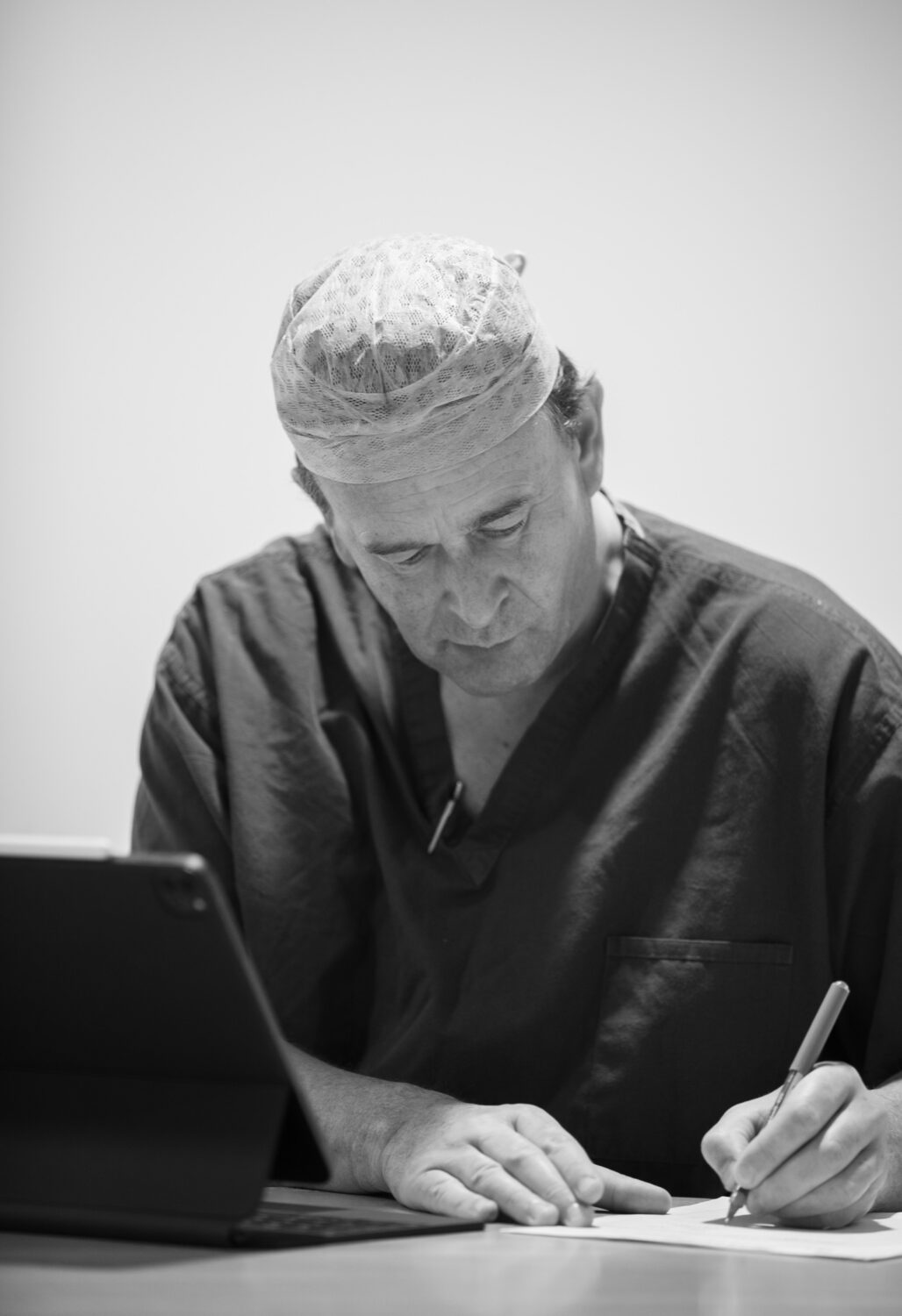
About your Plastic Surgeon: Mr Antony Fitton
MB, BS(hons)., MD., FRCS(eng)., FRCS(plast).
Mr Antony R Fitton qualified at the Royal London Hospital in 1989 with distinction in Surgery. He holds a MB, BS(hons)., MD., FRCS(eng). and FRCS(plast). (Fellowship at the Royal College of Surgeons).
He is a member of BAPRAS (British Association for Plastic, Reconstructive and Aesthetic Surgeons), BAAPS (British Association for Aesthetic Plastic Surgeons), BSSH (British Society for Surgery of the Hand).
Mr Fitton has received the Paton & Masser Award and the CM Matthews Award from the Royal College of Surgeons of England or his research in nerve injury.
Mr Fitton is licensed as Plastic and Reconstructive Surgeon by the GMC.
Life-changing result
"I just wanted to thank you (and your team) for the life-changing result of my top surgery. This will provide me with the freedom that I’m excited to enjoy, including being able to go swimming and actually staying cool in summer! All jokes aside, you have helped to mark a new chapter in my life, for which I am incredibly grateful… ALL the best."
Our appearance has an impact on how others perceive us. We are experts in creating an improved version of you. Click on a procedure below for more information.
Body surgery (or contouring) can involve all or one of the following, with prime focus on areas such as the buttocks, tummy, thighs, arms, and breasts. Click on the links below for more information.
There are several different types of hand surgery but all aim to restore functionality while making the hand look as normal as possible. Click on the links below for more information.

Should I Lose Weight Before a Tummy Tuck?
Discover if you should I lose weight before a tummy tuck and if it can enhance your surgery results
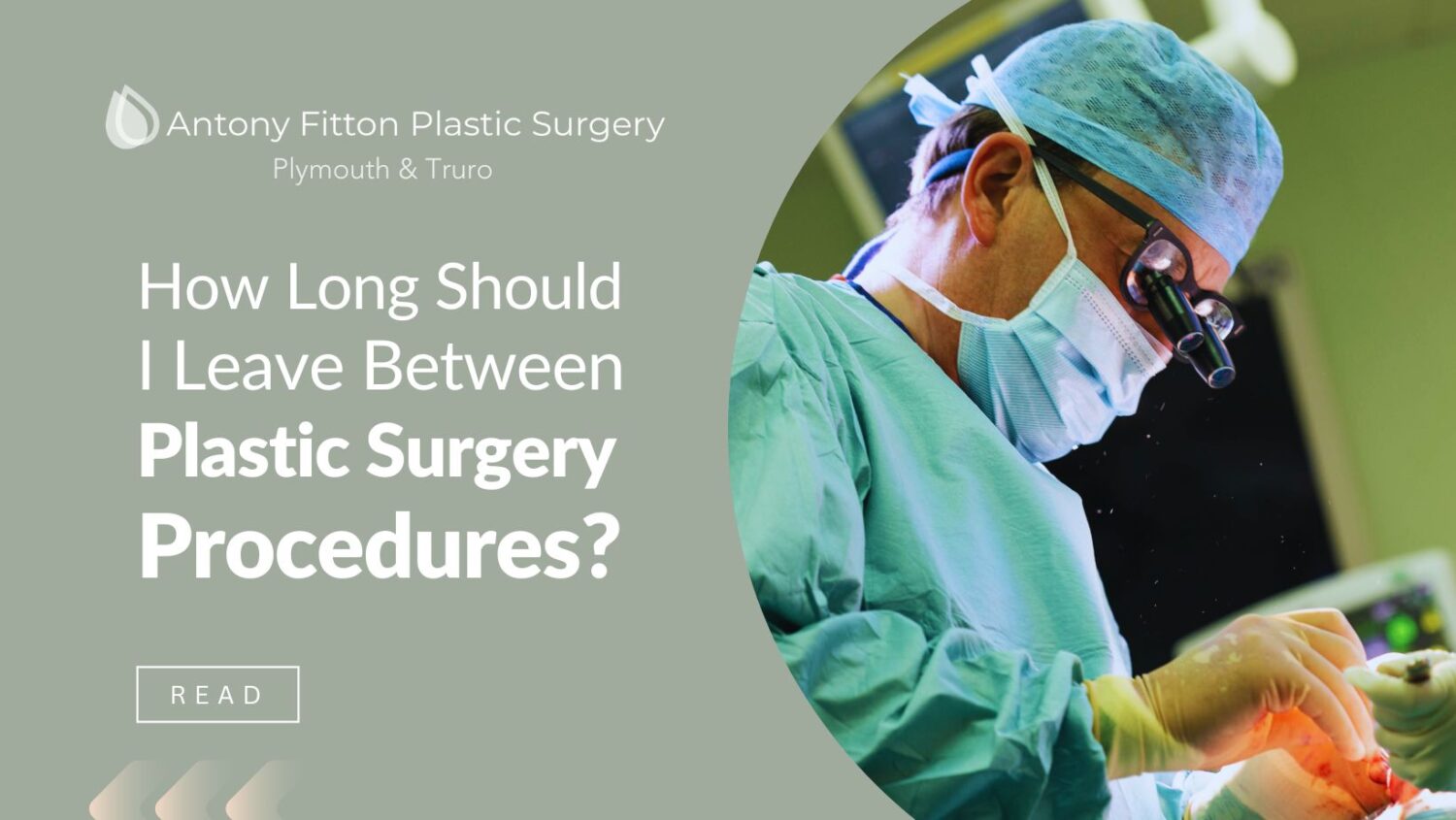
How Long Should I Leave Between Plastic Surgery Procedures?
Discover how long you should leave between plastic surgery procedures for optimal recovery and effec
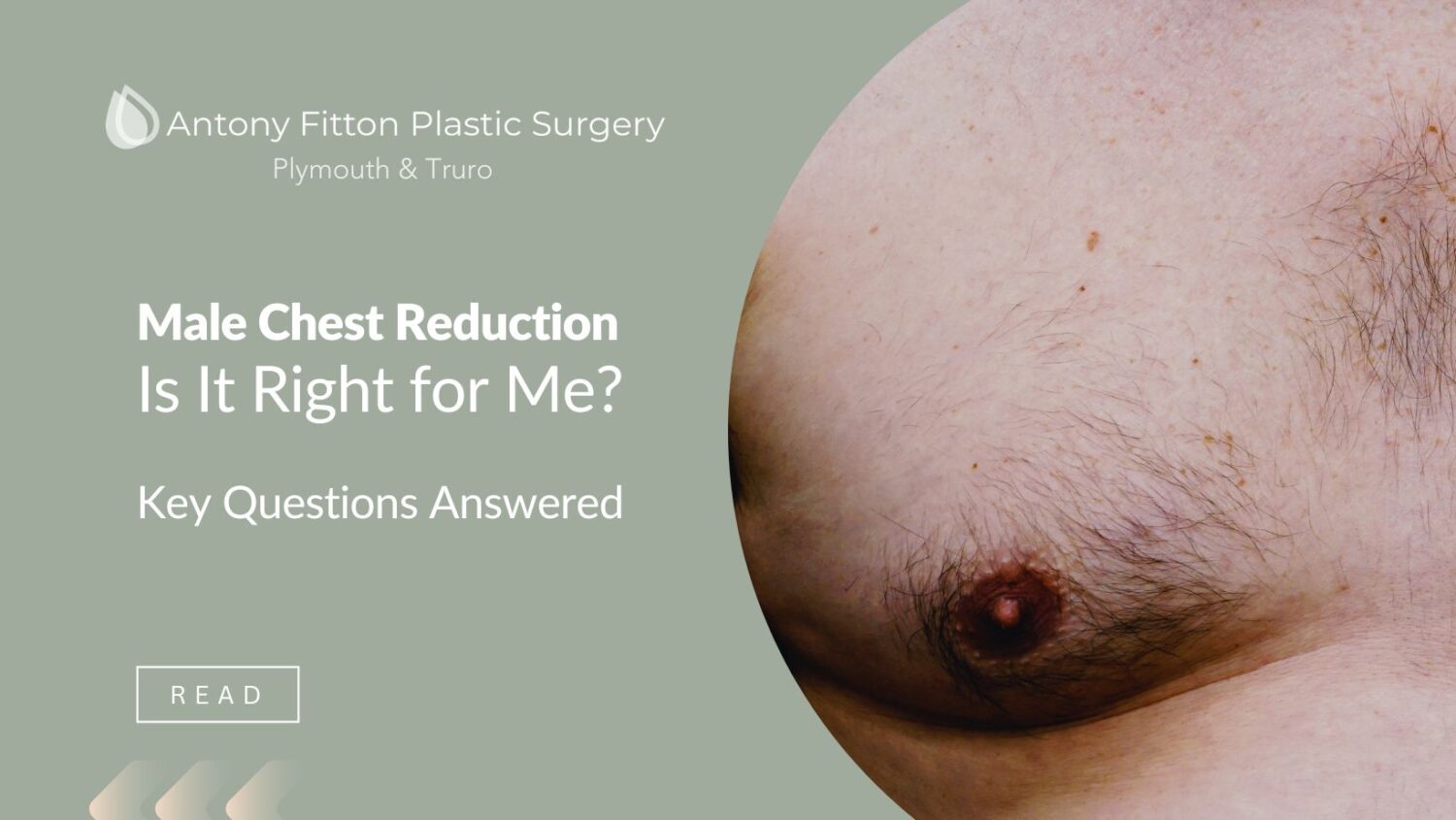
Is Male Chest Reduction Right for Me? Key Questions Answered
Is Male Chest Reduction Right for You? This blog answers crucial questions on gynecomastia surgery s



